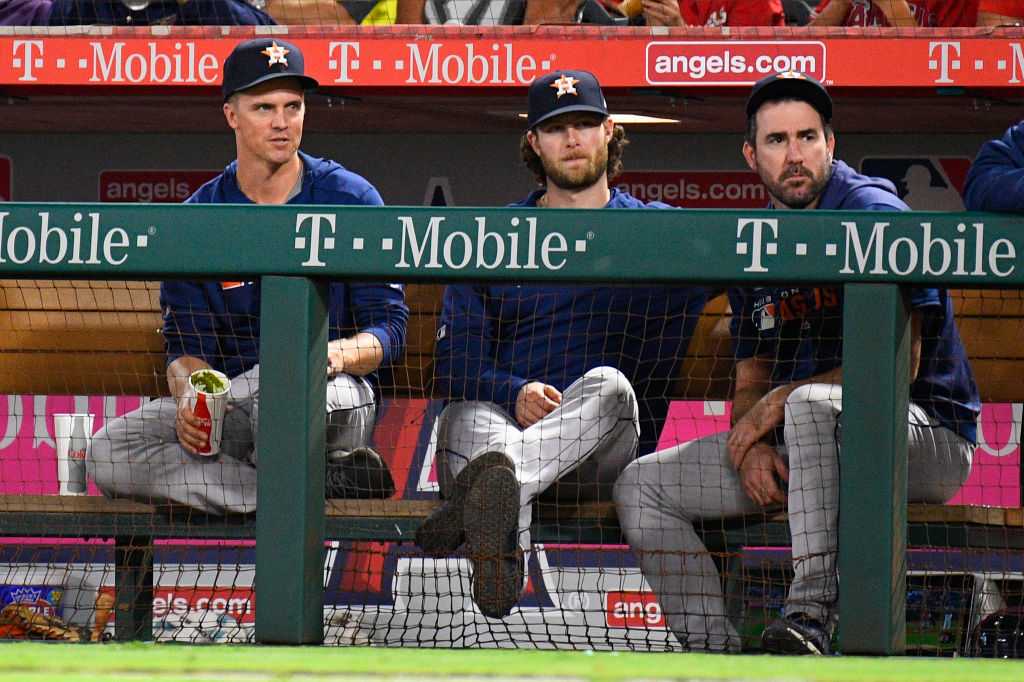We all know I’m not an excuse guy. BUT…
“Stanley Cup Hangover” is a widely used term to describe the fatigue associated with a team that won the cup in the previous season. Usually we site reasons for this like the heavy drinking in celebration during the offseason or the lack of hunger for a championship right after going all the way.
However, the most significant cause of a “Stanley Cup Hangover” is undoubtedly the fact that a team that makes it all the way has a shortened offseason. They play 2 extra months of hockey over those who don’t even make the playoffs.
This is important because what we don’t often think about is the fact that the league’s runner up also has this problem. The Bruins went as far in the postseason as possible, playing their last game of the season on June 12th.
While there was speculation leading up to the new season over how much this would impact the team, the Bruins showed little sign of fatigue out of the gate. They had an astonishingly good October, with a record of 9-1-2. Pastrnak led the league in scoring. Marchand led the league in assists. Rask led the league in save percentage. The Bruins looked like an absolute wagon.

In November the story has not been the same, as the Bruins display the adverse effects of a deep playoff run in the previous season. The club has gone 2-2-2 so far this month, losers of a concerning four straight games.
The story of all six of the team’s November games has been the Bruins’ inability to play a complete game. Most of these games have seen Boston play one mediocre period, one terrible period and one period of solid hockey. Even in wins against Pittsburgh and Ottawa to start the month required third period efforts to get the job done.
However, the Bruins’ inability to put a 60-minute effort goes back to before their skid. Even though the team was winning games, the decline of the Bruins’ play in second periods was at least a moderate concern among Bruins fans in October.
So, we have to ask ourselves why this team can’t put together a complete game effort. After all, they’ve undoubtedly proven by now to be a top team in the league. There’s no reason why they shouldn’t be able to sustain their high level of play for 60 minutes.
It looks as though the fatigue of playing two months of extra, high-intensity hockey is catching up to the team. Sure, it’s impossible to be certain. However, if the null hypothesis is that the Bruins have simply forgotten how to play complete hockey games, I’ll take the alternative.






